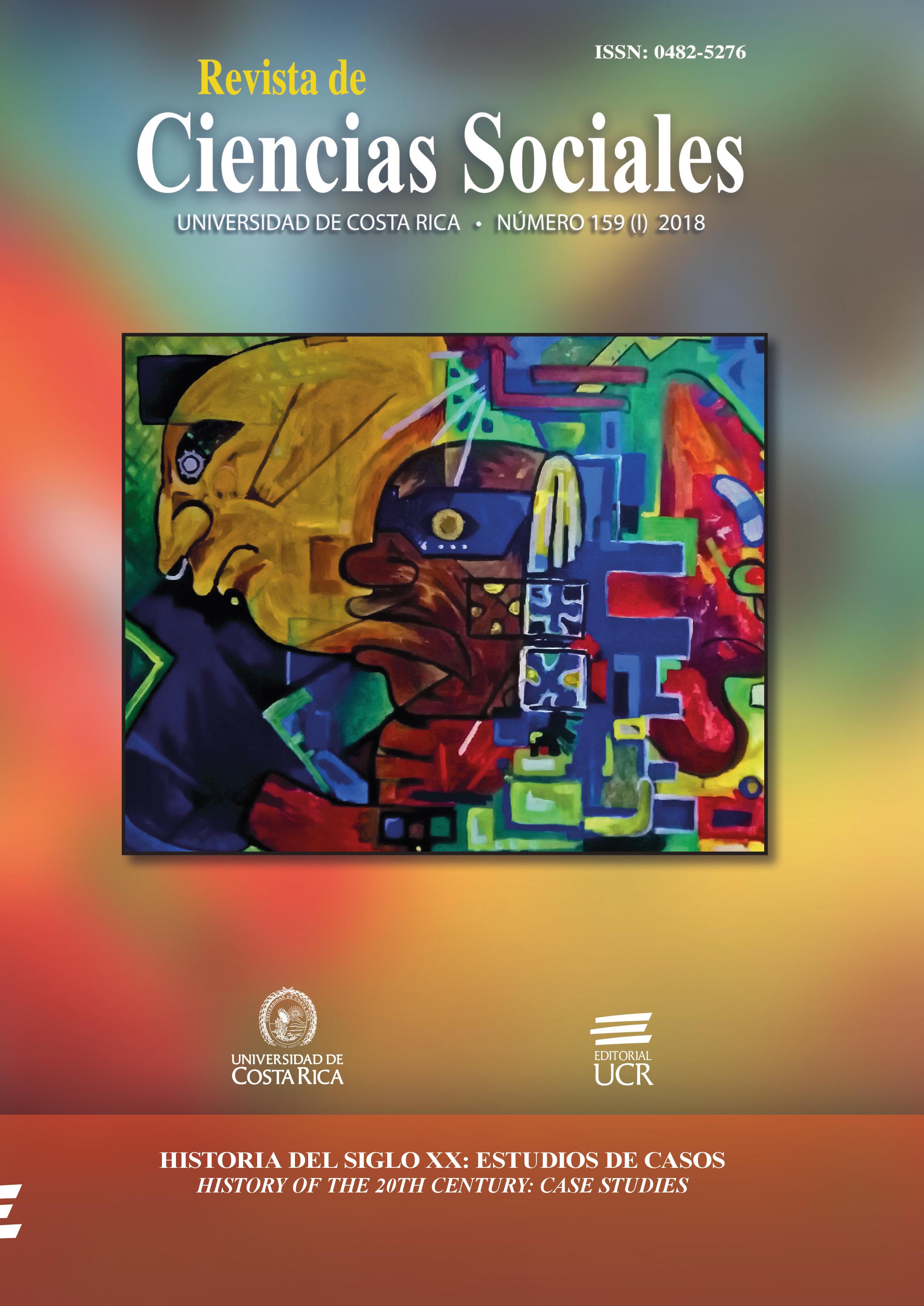Abstract
The purpose of this paper is to analyze the history of Costa Rican self-managed agrarian cooperativism, from 1970 to 1980. The concept of self-management, mainly referring to community-owned peasant relations, became important in the political debate for rural development as a tool for agricultural modernization and access to resources by landless peasants. The impulse, conformation and control of community enterprises, without being an exclusive task of the Costa Rican State, is presented as a space of confluence of
multiple actors, of negotiations and conflicts, in which the peasants played a leading role.This is analyzed through the literature review, the search of internal documentation of the cooperatives and the dialogue between the peasant leader Ernesto Pérez and the researcher Oscar Leiva


